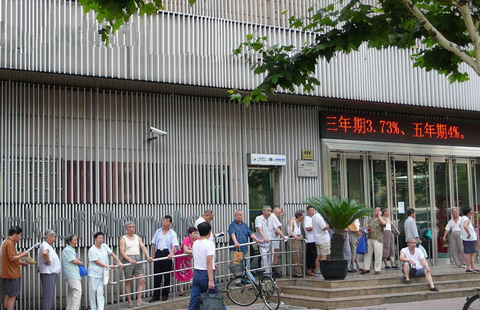China will become a capital exporting country
By Li Yang (chinadaily.com.cn) Updated: 2014-10-25 19:03The Commerce Ministry of China estimates China’s foreign direct investment (FDI) will steadily rise to about $120 billion this year.With foreign investment in China staying stable, China’s foreign investment will soon surpass the amount of foreign investment it absorbs, says an article of Beijing Youth Daily. Excerpts:
China’s FDI increased to $107.8 billion in 2013 from $2.7 billion in 2002. There are now 250,000 Chinese enterprises operating outside of China.
China’s opening up does not only mean foreign companies can come to China, but also Chinese enterprises can join the global market. After China entered the World Trade Organization in 2001, Chinese enterprises enjoy better business environments abroad under the WTO framework rules. This is an important step in Chinese enterprises’ expansion around the world. Despite the fuss that some countries make out of China’s FDI, Chinese enterprises’ and their global expansion is already an irreversible trend. China has signed investment protection agreements with more than 130 countries. It is China’s long held principle that divergences and friction to trade should be solved through dialogue and negotiation.
China has nearly $4 trillion in foreign exchange reserves, which exposes China to pressures from the inflation of US dollar and the depreciation of yuan at home. FDI is an effective way to ease the pressure.
China is actively promoting the internationalization of the yuan, and has constructed currency swap relations with many countries. The yuan is becoming reserve currency for more and more countries.
Industries facing overcapacity in China also regard foreign countries as their new destinations.
China’s sovereign wealth fund’s net earning rate is 9.33 percent, much higher than the international average level.
China will become a capital exporting country soon. The Chinese government should grant Chinese enterprises more freedom in the market and reduce preferential policy supports, to better prepare them for competition on the global market.











